Damongo dam revamped: Empowering youth in agric after Class FM's report
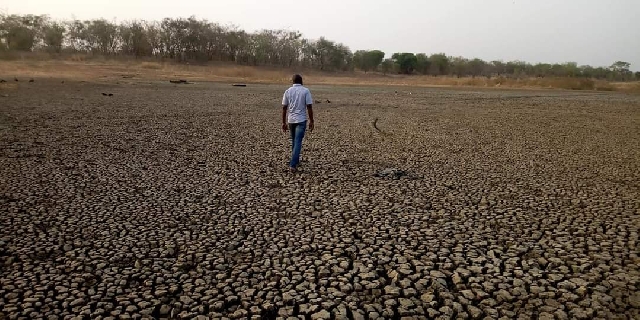 Dried Damango dam
Dried Damango dam
The Damongo Dam, which had completely dried up, has been revitalised by Member of Parliament Samuel Abu Jinapor, creating job opportunities for youth in the agriculture sector following a report by Class FM.
The dam, crucial for local agriculture, tragically dried up, resulting in the loss of several reptiles, including a dying crocodile that was rescued through collaborative efforts with Mole National Park.
My subsequent write-up and live video highlighting the dam’s dire condition captured the attention of authorities, prompting decisive action from the local MP.
As a result, the Damongo MP initiated dredging efforts, restoring the dam’s operational capacity for the first time in over 40 years.
This restoration has empowered many young people in Damongo to launch profitable ventures in vegetable farming and cash crop cultivation along the dam’s banks, utilising its water resources.
The significant revamping of the Damongo Dam aims to enhance its functionality and promote community development.
This revitalisation project not only seeks to improve water management in the area but also focuses on empowering local youth through various initiatives.
Renovations include modernising the dam’s infrastructure to ensure a better water supply for agricultural activities and local consumption.
This is expected to boost food security and improve livelihoods in surrounding communities.
It is worth noting that Class FM previously reported on the water crisis affecting Damongo, the capital of the Savannah region, due to the drying up of the main source of drinking water.
The dam’s depletion resulted from limited rainfall, forcing women and children to walk long distances and spend hours at the few functioning boreholes to access potable water.
The crisis also led students to skip classes in search of water, significantly impacting their education.
Additionally, the water shortage caused an increase in the cost of commercially sold water and hindered economic activities in the region.
In June 2020, President Nana Addo Dankwa Akufo-Addo cut the sod for the Damongo Water Supply Project, a US$49 million initiative financed by UK Export Finance and a bank, aimed at providing potable water to Damongo and its surrounding communities.
The project is expected to serve 68,000 people, with an average daily demand of 8,800 cubic meters of water.
Ghana, as a signatory to Sustainable Development Goals (SDGs) VI, is committed to ensuring the availability and sustainable management of water and sanitation for all.
The global effort to achieve universal access to sanitation and water by 2030 extends beyond households to include institutional settings such as schools, healthcare facilities, and workplaces.
This commitment is reinforced by global education strategies that emphasise how water, sanitation, and hygiene (WASH) in schools enhance access to education and improve learning outcomes, particularly for girls, by providing a safe, inclusive, and equitable learning environment.
Trending Features
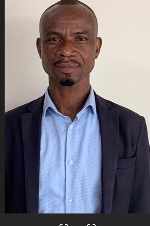
Stop letting Maths and Science decide Ghana’s future
13:56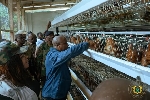
President Mahama’s agro-industrial revolution: Turning Ghanaian farms into business powerhouses
12:19
Laud Nartey: Growing unethical behaviour among bank staff- why BoG, GAB must scale up surveillance
07:02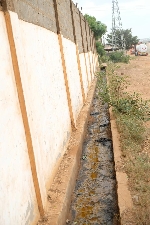
Trapped in a cycle of danger: blood in the recycling factory
12:58
A new Africanism is rising: Why identity matters now
09:26
Kumasi High Court gripped by battle over Daddy Lumba’s widowhood rites
09:13
Drop in WASSCE 2025 performance – Reality check and opportunity for correction?
09:45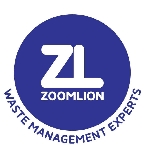
A vindicated Zoomlion?
03:12




